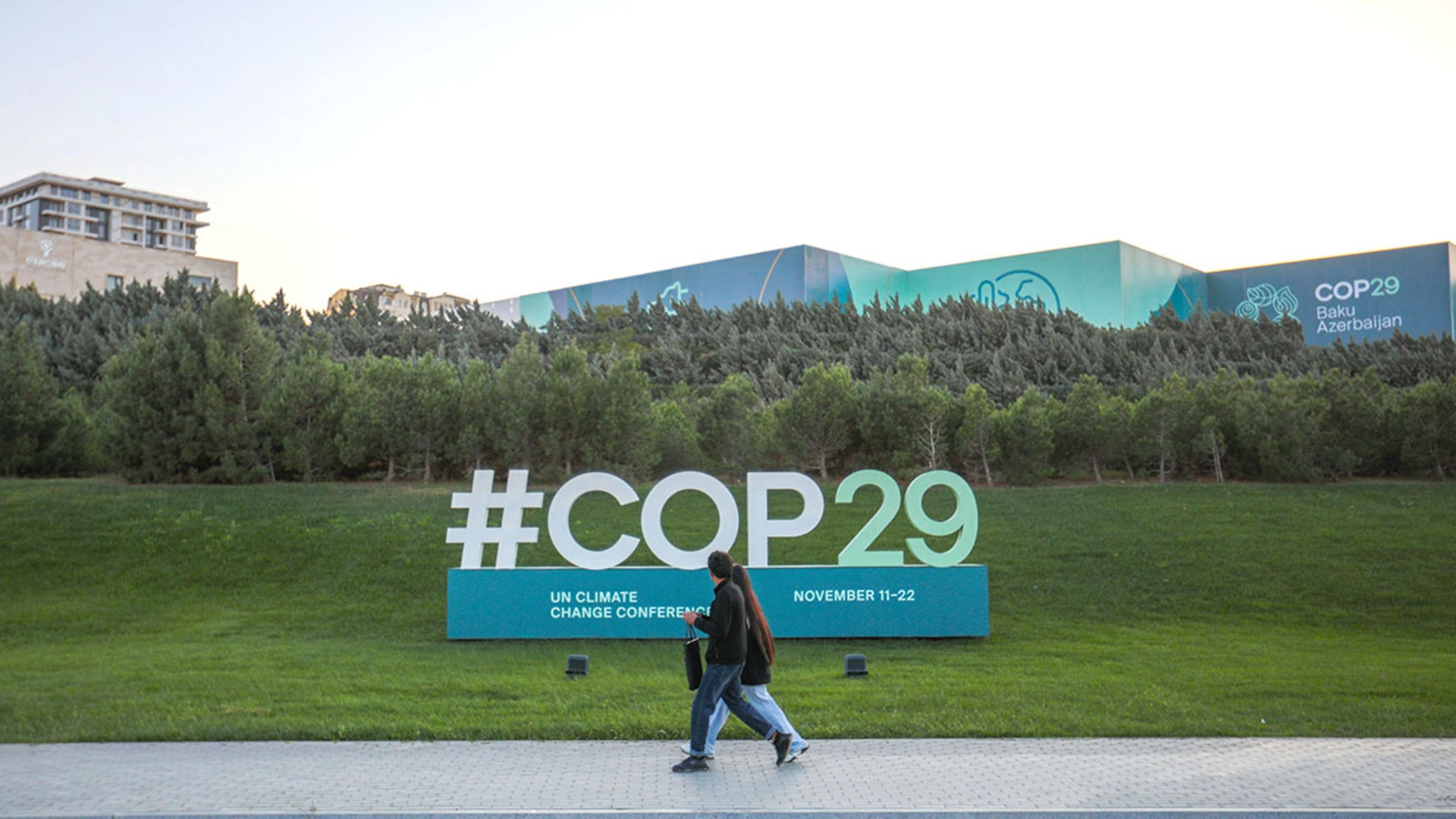Kenya is intensifying preparations ahead of the 2025 UN Climate Change Conference (COP30), set to take place from November 10–21 in Belém, Brazil, with negotiators tasked to secure tangible results that reflect the country’s leadership on climate action and adaptation.
Director of Climate Change at the Ministry of Environment, Pacifica Ogolla, said Kenya must enter the global talks well-prepared to advance key priorities such as climate finance, adaptation, and the operationalisation of the Loss and Damage Fund.
“Kenya plays a critical role in both technical and political leadership on climate issues. We cannot afford to leave Belém without securing results that strengthen our resilience and leadership,” Ogolla emphasised during a national webinar convened to prepare the negotiation team.
COP30 is expected to be a defining moment for countries seeking to accelerate implementation of the Paris Agreement, particularly in enhancing climate finance mechanisms and reviewing progress under the Global Goal on Adaptation (GGA).
The Loss and Damage Fund, established at COP27 in 2022, remains one of the most anticipated outcomes of this year’s negotiations.
The fund is designed to provide rapid, flexible, and direct financial support to developing countries facing the economic and non-economic impacts of climate change, ranging from extreme weather events to long-term ecosystem degradation.
Deputy Director for Climate Change Negotiation and Finance, Michael Okumu, said Kenya intends to push for progress on adaptation indicators under the GGA, which seeks to measure and track countries’ resilience-building efforts.
“Our goal is to reach agreement on a clear set of indicators that reflect the realities of countries most vulnerable to climate shocks,” Okumu noted.
“These indicators are essential to ensuring that adaptation finance and implementation are both measurable and impactful.”
Another major focus for Kenya at COP30 will be the review of Nationally Determined Contributions (NDCs), the backbone of global climate action under the Paris Agreement.
Kenya deposited its second NDC with the UNFCCC on April 30, 2025, outlining ambitious targets to cut greenhouse gas emissions by 32 per cent by 2030, up from the 30 per cent commitment in its first NDC.
The updated NDC estimates a total cost of $17.7 billion (Sh2.2 trillion) between 2031 and 2035 to implement adaptation initiatives and reduce emissions.
Kenya plans to fund 19 per cent of this domestically, with the remainder expected from international partners.
“COP30 presents an opportunity for Kenya to consolidate its position as a global leader in clean energy and climate resilience,” Ogolla said.
“We are moving forward with concrete plans, but we also need the international community to meet its commitments on finance and technology transfer.”
Kenya’s preparation for COP30 underscores the government’s broader commitment to ensuring that the country’s climate policies translate into tangible benefits, protecting communities, driving green investments, and strengthening adaptation across sectors.
As the world converges in Brazil, Kenya aims to champion not only its national priorities but also the shared aspirations of developing countries seeking fairness, accountability, and action in the global climate arena.

